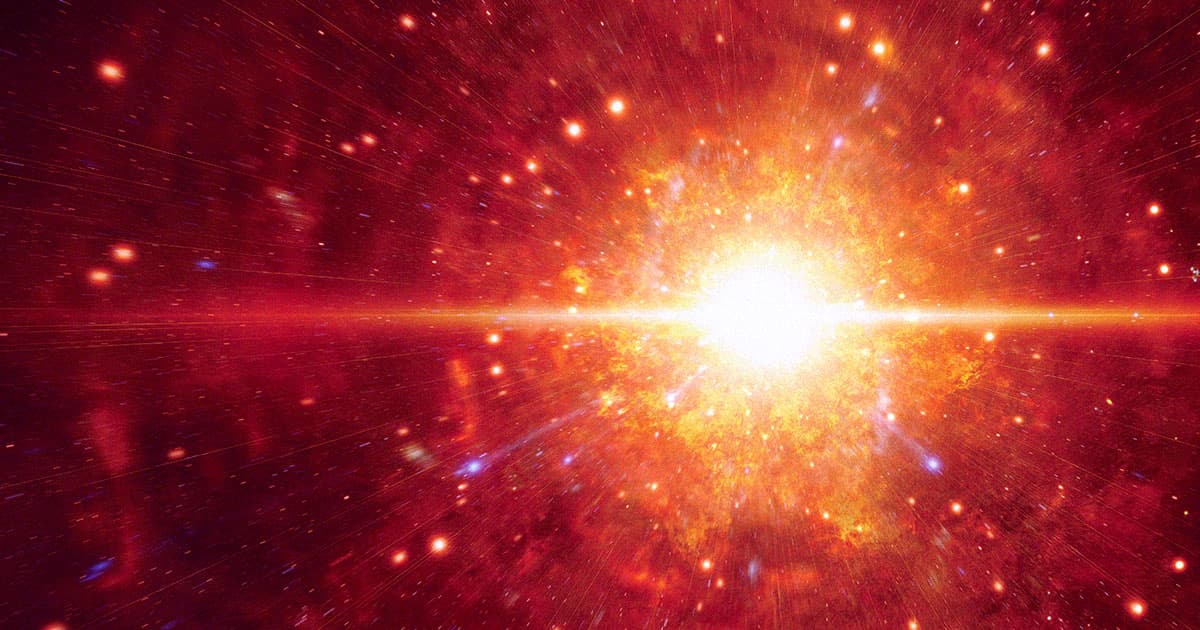"We see time appearing to flow five times slower."
Einstein Vindicated
Time is a fickle thing. Depending on your frame of reference, it can appear to pass slower or quicker, thanks to a wonky phenomenon known as time dilation that was described in Albert Einstein's theory of general relativity.
Now, a pair of astronomers believe they've observed time dilation for the first time in celestial objects known as quasars in the early years of the universe. They hold that this further cements Einstein's predictions that the universe's expansion could cause the far reaches of space to appear in slow motion.
"Looking back to a time when the universe was just over a billion years old, we see time appearing to flow five times slower," said Geraint Lewis, a cosmologist at the University of Sydney and lead author of a recent paper published in the journal Nature Astronomy, in a statement.
"If you were there, in this infant universe, one second would seem like one second – but from our position, more than 12 billion years into the future, that early time appears to drag."
Universal Clock
The light from 12 billion years ago — or only one billion or so years after the Big Bang — is only just reaching us. Over that unfathomably long journey, the universe has expanded greatly, meaning the wavelengths of light traveling along the way should appear to have significantly slowed down. This allows astronomers to both peer back into the past and see time dilation in action.
But to actually measure time dilation, Lewis and his team turned to a selection of ancient quasars, extremely luminous objects formed by accreting matter that rapidly spirals around a black hole. To the naked eye, they look like stars.
The constant and brief flashes of light from quasars make them useful for keeping the time from all those years ago, like the ticks of a clock. So, the astronomers watched for these 'ticks' in the green, red, and infrared light spectrums emanating from nearly 200 quasars over 20 years.
"With these exquisite data, we were able to chart the tick of the quasar clocks, revealing the influence of expanding space," Lewis said.
All in all, their work is a pretty compelling case that quasars are affected by time dilation, meaning that they must be real cosmological objects, Lewis explained, after previous studies failed to observe the phenomenon affecting them.
"With these new data and analysis, however, we've been able to find the elusive tick of the quasars and they behave just as Einstein's relativity predicts," he added.
More on space: Astronomers Detect Mysterious Ripples in Spacetime Caused by Ancient Black Holes
Share This Article
